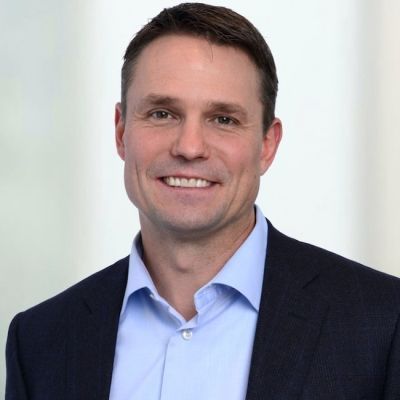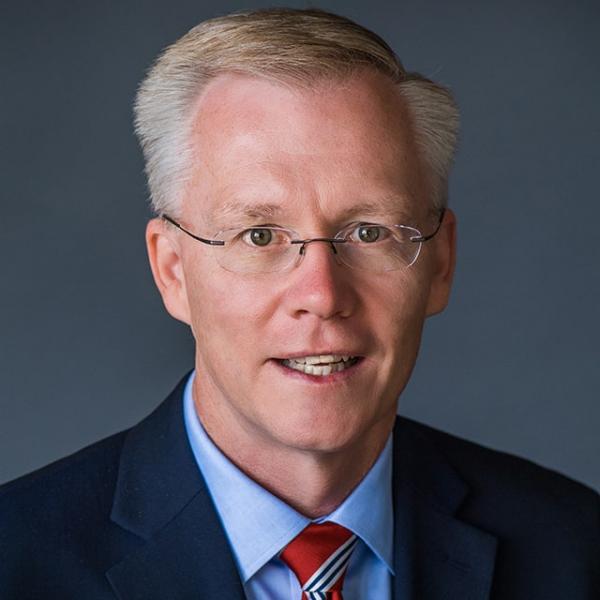
While this last year thrust unparalleled challenges on workforces across the globe, it also introduced us to a new way of doing just about everything. When we lost impromptu conversations at the water cooler, we made up for them with spontaneous introductions to family members and pets over video calls.
Agility has proved to be an essential survival technique, and I’ve never been more confident that a people-first mentality breeds success. When it became clear that remote work was here to stay for longer than expected, we placed three core principles at the forefront of our organizational focus to ensure we were making decisions and operating with connectivity, safety, and inclusivity in mind. I encourage other firms to consider the broader employee experience and how tapping into what truly matters—being a purpose-driven organization—only enhances engagement, focus, and the ability to thrive as a team.
Tapping into what truly matters—being a purpose-driven organization—enhances engagement, focus, and the ability to thrive as a team.
Place Health and Safety of Employees First
A study by McKinsey & Company disclosed that almost half of surveyed employees who have not yet returned to the workplace expect negative mental health impacts. This finding suggests that return-to-office (RTO) strategies must extend far beyond limiting exposure to COVID-19. Like many companies, we have postponed our RTO plans. With that decision, we have also implemented measures to address burnout and support mental health.
We’ve elevated the rigor around employee check-ins and taking moments to pause. We’re approaching this from several angles: from small group discussions and individual conversations led by members of our executive committee to regular meditation sessions, monthly no-meeting afternoons, and monthly afternoons off. I’ve also personally found it beneficial to focus on gratitude as I kick off our weekly all-employee meeting. It’s a powerful practice for my own mental health.
Cultivate a Culture of Belonging and Inclusion
It is also incumbent on business leaders to understand the important roles diversity, equity, and inclusion (DEI) play in building a strong culture. The murder of George Floyd cast a brighter light on systemic racism and inequality within our society. It underscored the need to reexamine our conscious and unconscious biases to make real change happen.
Antares is no different from other companies in its DEI priorities: increase representation of women and people of color, redesign talent processes to support equity in career growth, and differentiate development for diverse talent. The element that will make the difference is ensuring DEI is as important to leaders as closing a deal, selling a product, making a widget. The tone must be set at the top and the focus needs to be relentless.
I have learned more from our diverse employees in the last year than I had in the prior 30-plus years of my career—because I took it upon myself to drive change. Through listening sessions and one-on-one conversations, I have been humbled and moved by our employees’ lived experiences. I see gaps that I didn’t see before—and we’re making changes. As leaders, we can no longer assume someone else within the organization is fixing a problem. It’s up to each of us to be actively involved.
Maintain a People-First Culture
It’s my fundamental belief that we are “better together.” When our company switched to fully remote in March 2020, I was concerned about how we’d manage the business and how we’d maintain a sense of community.
What’s worked is making more time to bring the team together. We’ve held virtual happy hours, photo contests, and fundraisers. We’ve included families for online events like Disney on Broadway. We’ve become a more purpose-driven organization, taking time to connect the dots between what employees do daily and how their contributions help ensure that our firm—as well as our partners and our communities—reach their full potential. Clients have told the team how they’re coping through the challenges of the pandemic and how our support has made a real difference. Their insights have been powerful and motivating.
A successful firm is always people-driven, not profit-driven—even in the most precarious times. A recent PwC survey confirmed this finding: Companies with a stronger workplace culture were more resilient to the pandemic.
The pace of change has been dizzying, the challenges unrelenting. Even so, I believe leaders can build common purpose and commitment by putting people first and being willing to adapt to change.













